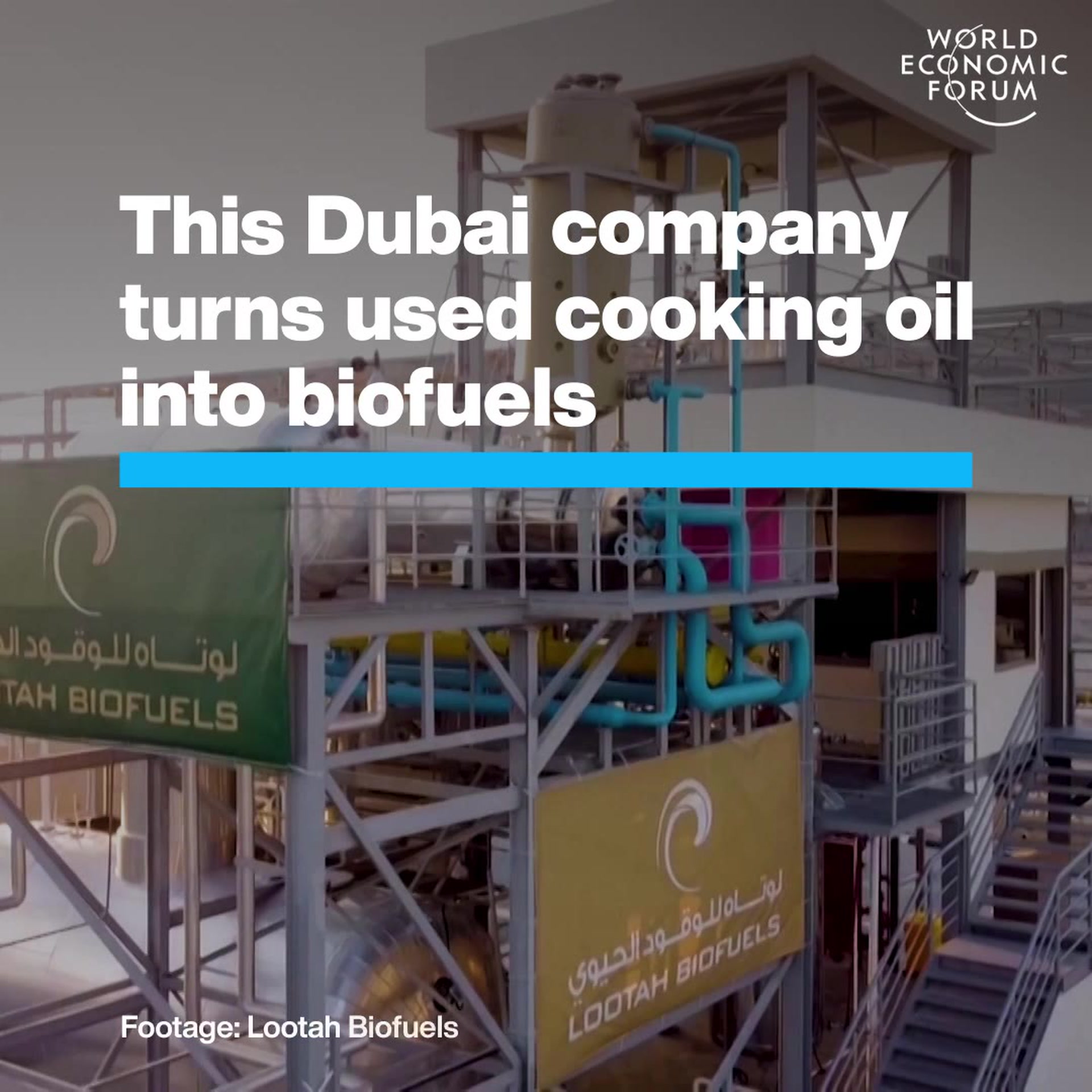Technology could make traffic jams a thing of the past

Estimates say Americans spent a collective 6.9 billion hours stuck in traffic in 2014. Image: REUTERS/Fabrizio Bensch

Get involved with our crowdsourced digital platform to deliver impact at scale
Stay up to date:
Emerging Technologies
Despite differences in individual politics and any number of other preferences, one thing many people agree on is how much they loathe getting stuck in traffic. Those that do share the sentiment with Elon Musk, whose desire to find a better mode of public transport lead to the birth of Hyperloop. Although, another solution may just be to wait thirty years for autonomous vehicles to take the main stage.
Estimates say Americans spent a collective 6.9 billion hours stuck in traffic in 2014. Which rounds to 42 hours per average citizen, per year, spent in traffic — that’s almost two days of sitting in your vehicle. Moreover, the National Highway Traffic Safety Administration (NHTSA) reports that there were over 6 million traffic accidents in 2015. To make matters worse, the number of accidents per year has only been going up, with a 5% increase since 2006. The cost for traffic-related incidents runs up to $2200 billion per year in developed countries worldwide. Although there is promise in new AI research that might just make traffic problems a thing of the past.

Computer scientists at Nanyang Technological University in Singapore are working on an algorithm that can reduce traffic jams through intelligent routing. The program runs with the breakdown assumption, which is idea that at some point within a large traffic density, something (such as an accident) will probably happen. The program’s task is to minimize the probability of such a traffic breakdown.
After working their algorithm in simulations, and further analysis with BMW, the team is confident that their algorithm can positively improve traffic — even if just 10percent of the cars in a network are driving according to their optimizations.
With similar algorithms improving in the years to come, we may live to see a day when traffic accidents are a thing of the past. Our predecessors may one day look at how we drive, and at car safety, the way we gawk in horror at how things were almost a century ago.
Don't miss any update on this topic
Create a free account and access your personalized content collection with our latest publications and analyses.
License and Republishing
World Economic Forum articles may be republished in accordance with the Creative Commons Attribution-NonCommercial-NoDerivatives 4.0 International Public License, and in accordance with our Terms of Use.
The views expressed in this article are those of the author alone and not the World Economic Forum.
The Agenda Weekly
A weekly update of the most important issues driving the global agenda
You can unsubscribe at any time using the link in our emails. For more details, review our privacy policy.
More on Emerging TechnologiesSee all
Sebastian Buckup
April 19, 2024
Juliana Guaqueta Ospina
April 11, 2024
Simon Torkington
April 8, 2024
Nikolai Khlystov and Gayle Markovitz
April 8, 2024
Victoria Masterson
April 4, 2024





